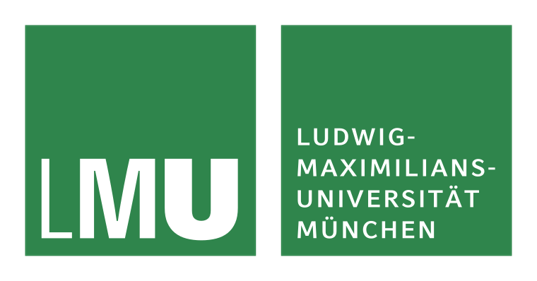Mechanisms and consequences of microglia elimination during postnatal development
Project Summary
The microglia (MG) network serves versatile functions including neuronal circuit maturation or myelinogenesis during postnatal development. This period is also characterized by exponential clonal expansion with proliferative bouts of MG, temporarily leading to overshooting cell numbers. Therefore, excess MG need to be efficiently eliminated without disturbing brain development by cell death itself or ensuing immune activation. Yet, the cell death-inducing factors, the precise cell death modalities, and the mechanisms of recognition and removal of dying cells are underexplored and will be investigated here. Recently, MG with a disease-associated MG (DAM)-like gene expression signature, including expression of ITAM-coupled innate immune receptors and their signalling pathway components (e.g. Clec7a, Trem2, Tyrobp), were observed during the postnatal phase. We found that this pathway, with CARD9 as a central component connecting to NF-κB, controls survival upon MG expansion during neuronal degeneration in adult mice. Based on our preliminary data, we predict that limitation of the growth factors CSF1 or IL-34 are an efficient signal to induce death
of excess MG during postnatal development. Within this project, we will elucidate functional causes of MG elimination during postnatal development (Aim 1), determine the specific cell death modalities induced in excess MG (Aim 2), explore mechanisms of cell death sensing and removal of dying cells by surrounding MG (Aim 3), and define the consequences of altered developmental MG cell death on the ti ssue niche (Aim 4).








